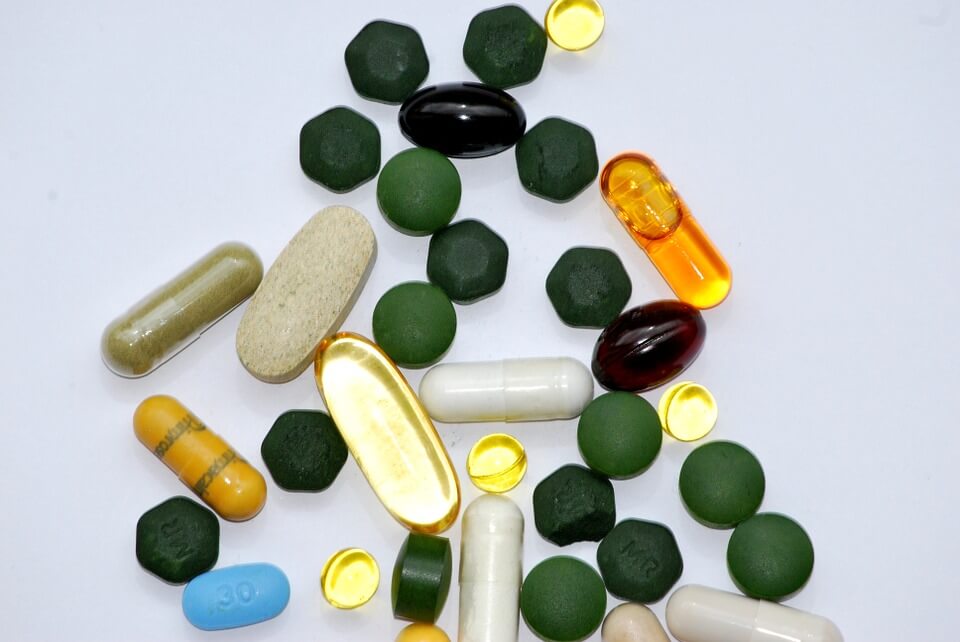
Inflammation is a process in the body where the white blood cells and other substances that our bodies produce protect us from bacteria, viruses and other foreign organisms. Some inflammation can be normal, for example when we’re sick, but sometimes our immune system can trigger inflammation even when there aren’t actual invaders to fight off.
This is known as an autoimmune disease. Some of the autoimmune diseases linked to inflammation include rheumatoid arthritis, along with many others.
Chronic inflammation is thought to be associated with many illnesses and health-related disorders, including many cancers.
There are certain ways that you can work to lower inflammation in your body, some of which are supplemented-related, such as with the use of a whey protein supplement, and others are lifestyle-related.
It’s important to reduce inflammation if it’s detected in your body because it can cause damage over time.
The following are some ways you can reduce inflammation in your body.
General Lifestyle Changes
One big trigger for ongoing inflammation, also known as chronic inflammation, is not eating a healthy diet.
The food you eat plays a big role in your body’s level of inflammation over time.
Some of the foods you can eat to reduce inflammation include fruits and vegetables and items rich in omega-3 fatty acids. Omega-3 fatty acids are found in foods like salmon, tuna, flax seeds, and walnuts.
Blueberries, garlic, olive oil, grapes, celery and certain spices are also considered anti-inflammatory foods.
Certain foods cause more inflammation than others, such as red meat and trans fats, which are found in processed foods.
You should also focus your diet on limiting simple carbohydrates like white flour, white rice, and items with high fructose corn syrup because these can all raise blood sugar, which can, in turn, raise inflammation.
Specific foods and beverages to avoid if you are concerned about too much inflammation include:
- Sugary drinks like fruit juice and soda
- Refined carbs such as white pasta
- Desserts like ice cream and cake
- Processed meats including sausage and hot dogs
- Processed snack foods like crackers
- Alcohol
Exercise Regularly
Exercising is a critical part of reducing inflammation. If possible, you should aim to exercise at least 30 to 45 minutes a day, four to five times a week. Try to combine aerobic exercise that raises your heart rate along with some resistance training as well.
In general, if you can lose weight, you will likely have less inflammation because being overweight can, in and of itself, be associated with higher inflammation levels.
Take Supplements
There are supplements and vitamins you can take that might help your body combat excessive inflammation.
As was touched on above, whey protein can help deal with inflammation. Using a quality whey protein supplement can also help to lower blood pressure, build lean muscle mass, and lower inflammation in the intestines.